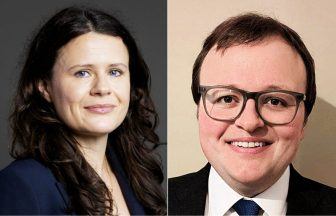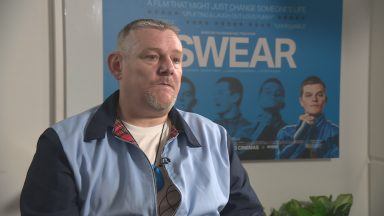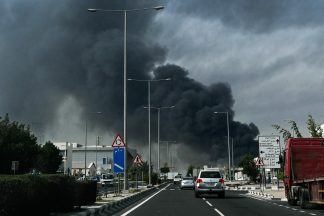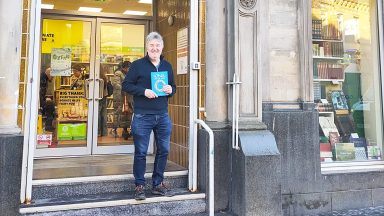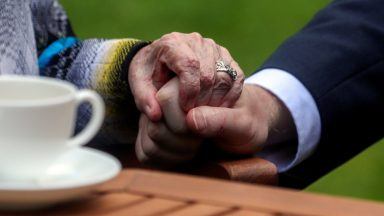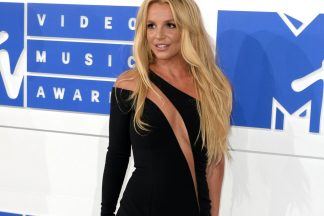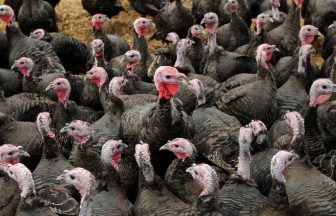When Queen Elizabeth II was crowned sovereign back in 1953, grainy television pictures conveyed the significance of the day to a public who were, for the most part, highly supportive of an unelected head of state.
War was still a memory. The fight against and victory over fascism galvanised a national spirit and the sense of Britishness was profound.
Fast forward 70 years. The coronation of Charles III is played against a different background.
Monarchy no longer comes with an aura of mystique. Royals now provoke opinions normally reserved for soap opera “stars” and the very notion of being a subject rather than a citizen seems antiquated and indeed, for many, offensive.
The reign of Elizabeth saw the institution of monarchy move from an age of deference to an age when it was ripe for lampooning alongside the vanities of the political classes.
And yet, despite some real crises, the personality of the late Queen acted as a shock absorber against any serious republican sentiment.
Now that she has gone, the institution is the subject of debate.
Abroad, some countries will mull over if they should become a republic, while some people at home are asking: ‘Is it on a slippery slope, ending in the death of monarchy?’
Of course, the identification with Britishness is a tie – emotional as well as political – that underwent great change in the age of Elizabeth.
Most Scots identify as Scottish first. Many support independence and many the idea of an independent republic.
The main party of independence – the SNP – has had little to say on the subject but stress the King would remain as head of state in an independent Scotland.
There are many republicans in the SNP, including the current First Minister and the two candidates that he defeated to succeed Nicola Sturgeon.
Tellingly, Humza Yousaf is a new generation of politician and he probably reflects the view of many younger Scots when he views the whole subject of monarchy as anachronistic in a modern democracy.
The SNPs reluctance to debate this has struck me in part as a means of not opening up other issues, lest the debate on independence takes on a sectarian flavour.
Specifically, in the west of Scotland, attitudes to monarchy can be shaped by family background.
Many Scots of Irish descent do not support the “British Crown”, while a substantial number of Scots, particularly if they have an affinity with Northern Irish unionism, take the polar opposite view.
The danger of importing a Northern Irish dimension into a constitutional debate here is one reason I believe the SNP have been wary about acting on their “gut republicanism’”
I see the odd online comment from unionists who refer to the “republican SNP’”
It may be many things but republican it is not, nor are any of the large UK-based parties. Those for whom monarchy matters can rest easy in their beds. The institution is safe, for now.
And yet a debate will start in the reign of Charles III; for there is a feeling that he has to justify the existence of non-elected and hereditary principles, to persuade people that the institution matters to all of the nation.
Polls repeatedly show about a fifth of people are republican. That amounts to millions of people.
If Charles is savvy, he will know that a great many more probably couldn’t care less one way or the other.
His challenge is to ensure what you might call “soft monarchists” do not become republican on his watch.
The ongoing pantomime of his family at war doesn’t help.
We are regularly subjected to the self-indulgence of the privileged being played out in a series of whinges, which must revolt families with real problems like the poverty of their existence.
The washing of dirty linen on the airwaves is now a royal sport, albeit one from which Harry and his wife have been careful to monetise in a quite seedy way.
At the funeral of the late Queen, I was broadcasting from just in front of the Scottish Parliament. I wandered round the corner behind the Palace of Holyroodhouse. A giant screen was relaying the ceremonials to the populace. Very few people had gathered to watch it.
Apathy is perhaps the greatest threat to the monarchy, not the forward march of dyed in the wool republicans.
The political sands continue to shift and who knows where they will take us and, more particularly, the institution of monarchy.
There is no serious threat to the principle of an unelected head of state. At the moment.
I suspect that during his reign, Charles is but one defining crisis away from a greater number of people asking, what is the point of this institution?
Follow STV News on WhatsApp
Scan the QR code on your mobile device for all the latest news from around the country




